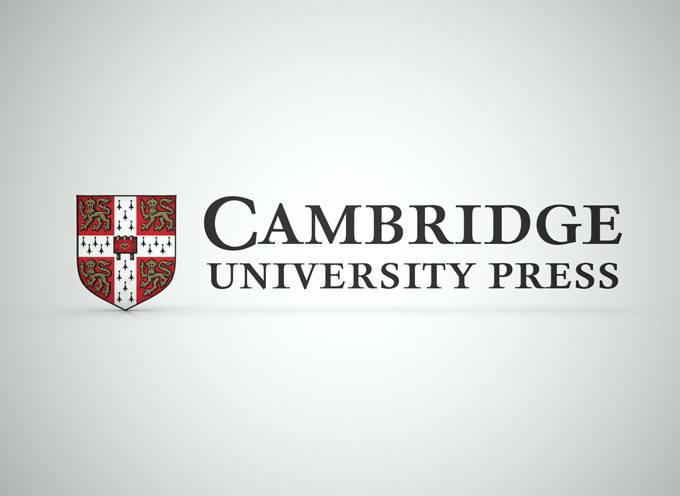
- Close to 1,000 APCs waived to ensure COVID-19 research can be published
- Publishing processes changed to speed publication – most papers online within 48 hours
- Initiative recognizes responsibility of university press to disseminate high-quality research quickly and widely
A free, online collection of coronavirus research from Cambridge University Press has proved hugely popular, with around 1.7 million articles downloaded in the eight months to September.
The collection was launched in January when COVID-19 – then still unnamed and known as novel coronavirus 2019-nCoV – was first declared a global health emergency by the World Health Organisation.
What began as a modest collection of 70 book chapters and journal articles has now grown to include well over 1,000, with more being added all the time.
The speed of its growth is partly driven by the Press’s decision to adapt its publishing process for articles relating to Coronavirus. Currently, about 90 per cent of accepted manuscripts are published within 48 hours of receipt and almost 60 per cent within 24 hours.
“This was a significant shift in gear for our teams, who worked together to make the changes needed in a matter of days,” said Journals Production Editor, Edward Carey. “That they did so in March as everyone was adjusting to working remotely, makes it all the more remarkable.”
The Press has also supported all manuscripts describing COVID-19 or coronavirus-related research to be published under a Gold Open Access license whether they are in a hybrid or a Gold Open Access journal, waiving Article Processing Charges for any publication in Gold Open Access titles. So far close to 1,000 APCs have been waived, with the exemption due to run until December.
Ella Colvin, Director of Publishing for the Press’s journals, said: “Our role as a university press means we play a global role in education and research. With that comes a responsibility to ensure new research into this shared, global threat is made as widely and rapidly accessible as possible.
“Being a university press also gives us the flexibility to innovate and to quickly make the changes needed to make that happen – whether through streamlining our publishing processes or waiving article fees for our Open Access journals.”
She added: “This has been a real team effort, our in-house colleagues working together with journals editors, editorial offices and peer reviewers to build this valuable collection and make it available. I am incredibly proud of what they have achieved and am really delighted to see such a huge take up.”
The Press has also joined the Wellcome Trust and more than 30 leading publishers in committing to make all of its COVID-19 and coronavirus-related publications, and the available data supporting them, immediately accessible in PubMed Central (PMC) and other public repositories.
You can view the full collection here.



























